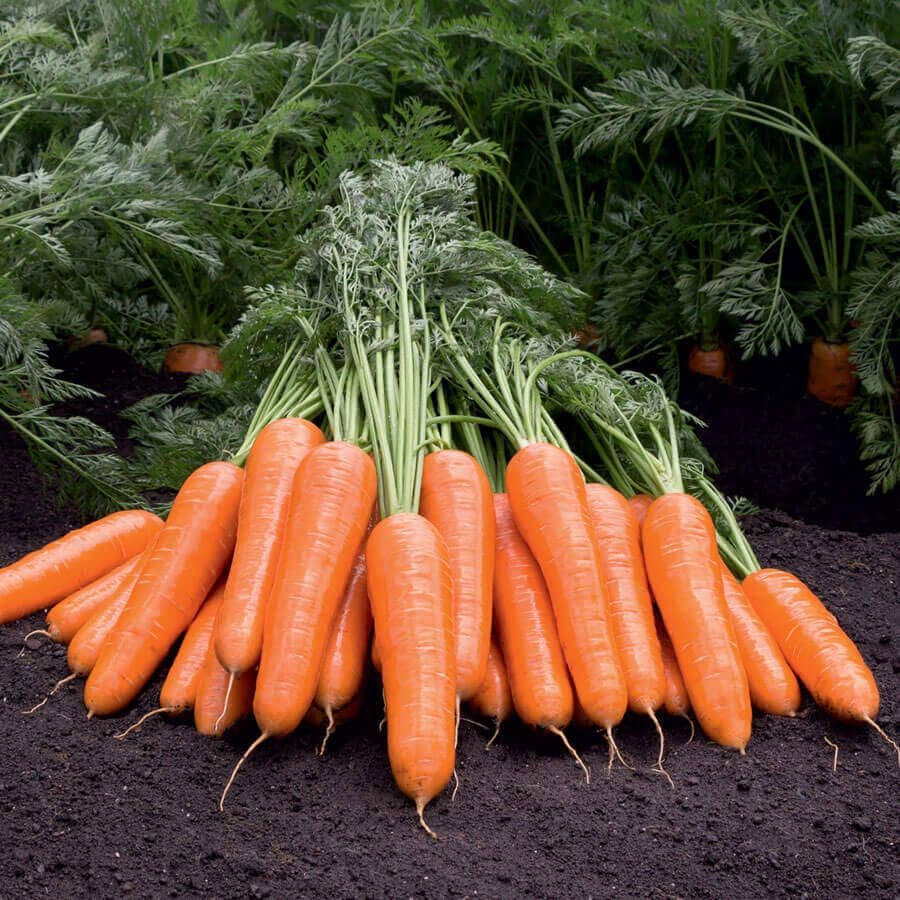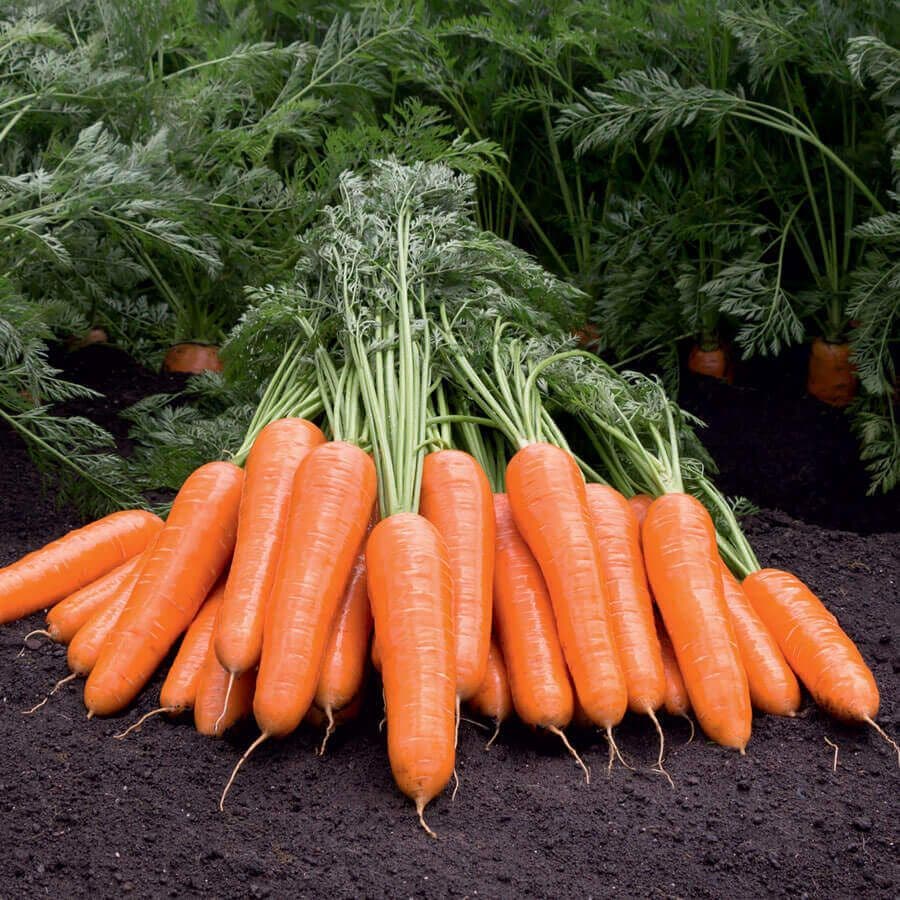Berlin Hybrid Carrot Seeds
Berlin Hybrid Carrot Seeds
Zone compatibility details
Understanding the Prices on Our Product Pages
When shopping on our site, you might notice different types of prices listed for products. Here’s a quick guide to help you understand what each price means:
- Regular Price: The price before any discounts, typically reflecting the median price from the past 90 to 180 days, excluding special promotions and clearance events.
- Now Price: The updated price of an item after a reduction from the regular price. Now Prices are often limited to a short time frame and offer the opportunity to save.
- MSRP: Manufacturer's Suggested Retail Price, provided by the manufacturer as a benchmark to highlight the value of our current pricing.
- Discount Exempt: Products labeled discount exempt are not eligible for discounts or promotional offers.
Please note that product prices are subject to change without notice.
Couldn't load pickup availability

Grow Zone
-
Mature Height
Mature Width
Sun / Shade
Full Sun
Bloom Size
need bloom size meta
Tomato Fruit Set
Days To Maturity
113
Fruit Weight
Soil Tolerance
Normal, loamy
Moisture
Moist, well-drained
Description / Berlin Hybrid Carrot Seeds
Days to Maturity: 90 to 113
A main season variety, best for fall harvest, Berlin, a Berlicum type carrot, is grown as a root vegetable, producing jumbo orange-skinned and -fleshed carrots that are bulky and cylindrical and packed with carotenes. Carrots are considered a superfood for their nutrient rich content, having a high (top 20) Aggregate Nutrient Density Index score (ANDI), or micronutrient-per-calorie density.
This herbaceous biennial plant, usually grown as an annual, is a member of the carrot (Apiaceae) family. It grows a rosette of finely divided leaves. Succession plantings every 2 to 3 weeks is recommended for continual harvest.
It is best grown in full sunlight and airy, loose, fertile, well-drained loamy soil free of rocks and clumps that stunt and misshape the root. It is resistant to Alternaria dauci (Ad), late leaf blight; Alternaria radicina (Ar), leaf spot; and Cercospra carotae (Cc), early leaf blight.
A cool-season, semi-hardy vegetable, one of the first to be planted in the garden, it can be direct sown into the garden as soon as the soil is workable in early spring, before the last frost date. But it can also be planted in midsummer for a fall crop. It needs cold temperatures to germinate and grow and can withstand temperatures in the 28 to 32°F range. It not only tolerates a light frost but also becomes even sweeter.
Product Details
SKU: 52448-PK-P1
Genus: Daucus
Species: carota
Variety: Berlin F1 Berlicum
Size:
Light Requirements: Full Sun
Moisture Requirements: Moist, well-drained
Soil Type: Normal, loamy
Harvest Season:- Early Fall
- Late Fall
- Late Summer
- Mid Fall
Uses:- Beds
- Containers
- Cuisine
- Cool Season
- Edible
